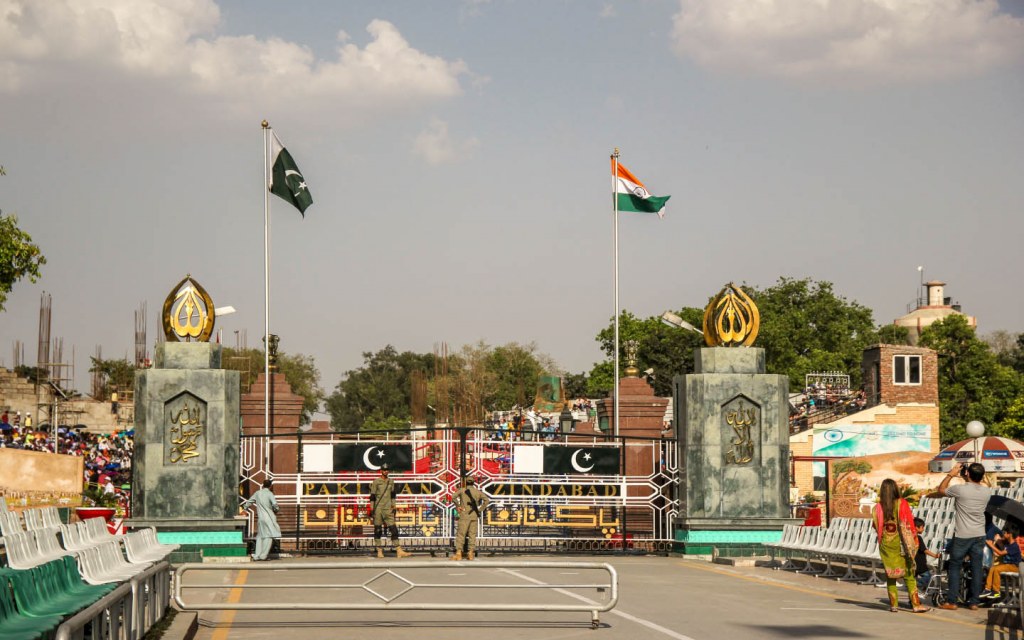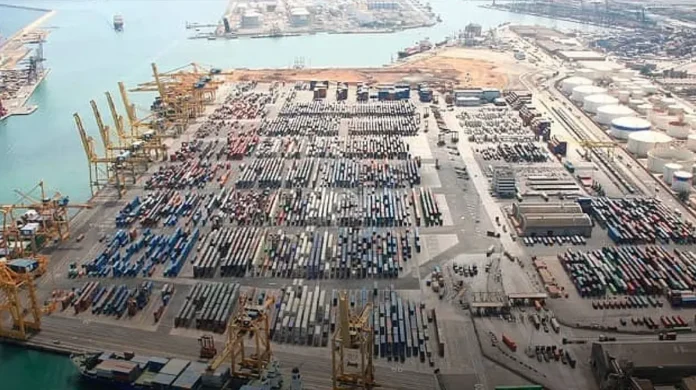To establish the Pakistan Land Port Authority after a delay of 12 years, the government introduced a bill in the National Assembly. It envisages not only reducing the cost of doing business but also facilitating the movement of goods and people across border crossing points.
The Bill was presented by Law Minister Azam Nazeer Tarar on behalf of the Interior Minister Mohsin Naqvi. The proposal, however, was not forwarded by Deputy Speaker Ghulam Mustafa Shah to the relevant committee for further deliberation.
The creation of a land port authority was first proposed in 2012 by the Pakistan Peoples Party (PPP) government under the Ministry of Commerce. A second attempt was made in 2021 by the Pakistan Tehreek-i-Insaf (PTI) government as well. If approved, Pakistan would become the third South Asian country, along with Bangladesh and India, to have such an authority. Bangladesh established its Land Port Authority in 2002, and then India did so in 2012.

Also Read: Real Boston Richey Accused of Video Leak and Inappropriate Comments
Moreover, India has already identified Pakistan, Bangladesh, Nepal, and Myanmar for the development of integrated checkpoints (ICPs) at all entry and exit points and has announced an ICP with a focus on the Wagah border with Pakistan.
The proposed Pakistan Land Port Authority will act as a statutory body entrusted to provide linkage between the disparate agencies to promote trade and passenger movement at the point of crossing. It will be responsible for the declaration, regulation, security, and management of land ports to promote trade within, to, and from Pakistan as well as safeguard border control, and competition in the trade and security interests of Pakistan.
The bill contemplates bringing the authority into the scene as an important cog to the wheels in the facilitation of trade by coordinating with border agencies within the purview of international agreements and conventions. This is to improve the operational efficiency of land ports and make them much more competitive within the region. The current status is that, in the absence of one coordinating agency at border points, the movement of goods and passengers gets delayed most of the time.
That sheds a picture of the act of advanced technology at land ports, focusing on the prevention of illegal immigration and smuggled goods. To supervise this authority, the bill provides for the establishment of a governing council having 16 members, to be constituted by the prime minister for overall supervision and strategic direction.
